Elections and the Legal System
When the calendar flips to November in the United States you can be sure of a few things: pumpkin spice everything, Thanksgiving meal planning, and election season. While every election cycle is impactful at some level, Presidential election years are always an interesting time for our country, and 2020 is no exception. Many thought that the tensions of the 2016 election cycle could not be topped, but in a year with a global pandemic, 2020 has not been easy. Elections bring about change, new candidates, new officeholders, new leadership, and potential unrest. Many do not consider the ramifications to the legal system in the United States, but elections play a part in that as well.
Presidents and the Supreme Court
The media has always been hyper-aware of the Presidential election on the makeup of the Supreme Court. Recently in a debate, Vice President Biden predicted that the next president is likely to appoint “one or two” justices to the nation’s highest court. Due to the fact that an appointment to the Supreme Court is a lifetime appointment, many see the Supreme Court nominees as a President’s lasting impact. The ideological balance of the court is on every ballot during a Presidential election whether it says it implicitly or not.
It’s not all about the SCOTUS
Under the authorization of Article III of the United States Constitution, there are currently 870 federal judges. While currently none of the 870 are on the Supreme Court, another 179 are on the court of appeals. This leaves another 673 for the district courts and nine on the Court of International Trade. The total number of active judges is general in flux due to retirements and the like. The President plays a pivotal role in appointments and many argue that is one of the most important things to keep in mind during the election cycle. To date, Ronald Reagan appointed the largest number of judges with 383, closely followed by Bill Clinton with 378.
Make Your Vote Count
Susan B. Anthony, an American suffragette, reformer, and anti-slavery activist known for her work for women’s rights once said, “Someone struggled for your right to vote. Use it.”

